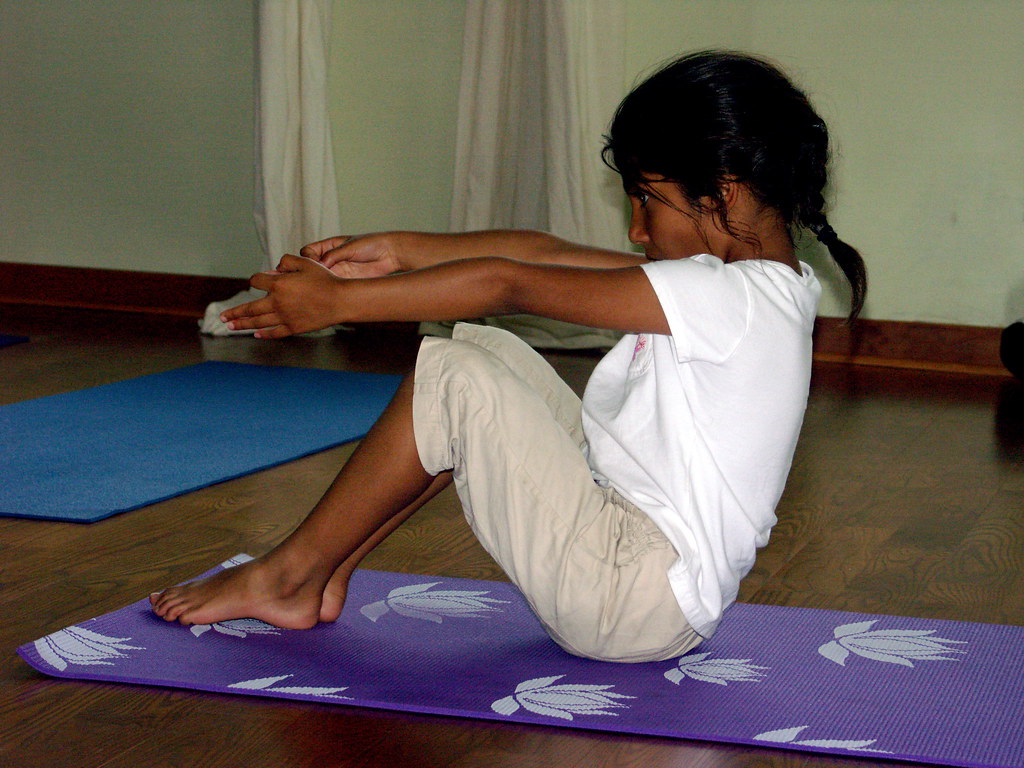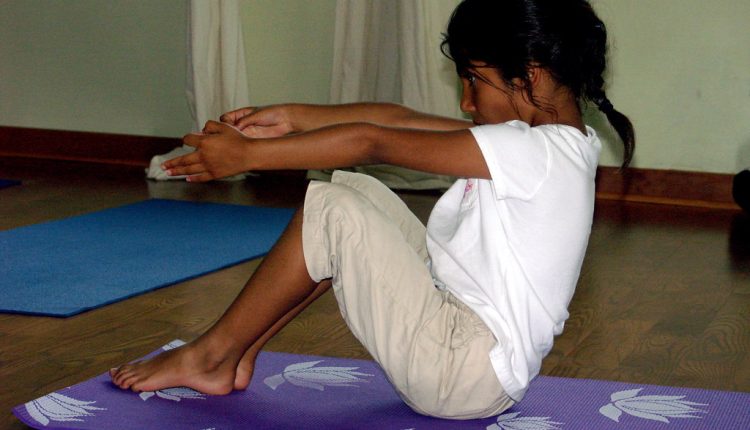
In a world that often feels chaotic and overwhelming, it’s important to find moments of peace and stillness. For many adults, yoga has become a go-to practice for finding balance and calm. But what about children? Can they benefit from yoga too? The answer is a resounding yes. In fact, introducing children to yoga at a young age can have a profound impact on their physical, emotional, and mental well-being. In this article, we’ll explore the benefits of yoga for kids and how it can help nurture self-love and care from an early age. So, grab your mat and let’s dive in!
1. The Power of Little Yogis: Fostering Self-Love and Care in Children
Yoga is not just for adults. It can be a powerful tool for children to learn self-love and care. By practicing yoga, children can develop a deeper understanding of their bodies and emotions, and learn how to manage stress and anxiety.
- Yoga helps children develop body awareness and coordination.
- It teaches them how to breathe deeply and calm their minds.
- Yoga poses can help children release tension and stress in their bodies.
Moreover, yoga can help children develop a positive self-image and boost their self-esteem. By practicing yoga, children learn to appreciate their bodies and what they can do, rather than focusing on their limitations. They also learn to be kind and compassionate towards themselves and others.
- Yoga can help children develop a sense of inner strength and confidence.
- It can teach them to be patient and persistent in their efforts.
- Yoga can also help children develop empathy and understanding towards others.
2. Mindful Movement: How Yoga Can Help Kids Develop a Positive Self-Image
Yoga is a form of mindful movement that can help kids develop a positive self-image. By practicing yoga, children can learn to connect with their bodies and minds, and develop a sense of self-awareness and self-acceptance. Here are some ways that yoga can help kids develop a positive self-image:
- Body awareness: Yoga poses require children to pay attention to their bodies and how they feel. This can help them develop a greater sense of body awareness and appreciation for their physical abilities.
- Mindfulness: Yoga encourages children to be present in the moment and focus on their breath and movements. This can help them develop mindfulness skills that can be applied to other areas of their lives.
- Self-acceptance: Yoga teaches children to accept themselves as they are, without judgment or criticism. This can help them develop a positive self-image and a sense of self-worth.
In addition to these benefits, yoga can also help children develop strength, flexibility, and balance, which can improve their physical health and well-being. By practicing yoga regularly, children can develop a positive relationship with their bodies and minds, and learn to approach life with a sense of calm and confidence.
3. From Child’s Pose to Confidence: The Benefits of Yoga for Young Minds and Bodies
Yoga is a practice that has been around for thousands of years, and it has been proven to have numerous benefits for both the mind and body. For children, yoga can be especially beneficial, as it can help them develop confidence, focus, and self-awareness. Here are just a few of the many benefits of yoga for young minds and bodies:
– Improved flexibility: Yoga poses require children to stretch and move their bodies in new ways, which can help improve their flexibility and range of motion.
– Increased strength: Many yoga poses require children to hold their own body weight, which can help build strength in their muscles and bones.
– Better balance: Yoga poses often require children to balance on one foot or hand, which can help improve their overall balance and coordination.
– Reduced stress and anxiety: Yoga is a great way for children to relax and unwind, which can help reduce feelings of stress and anxiety.
– Improved focus and concentration: Yoga requires children to focus on their breath and their body, which can help improve their ability to concentrate and stay focused.
Overall, yoga is a wonderful practice for children of all ages. Whether they are looking to improve their physical health, reduce stress and anxiety, or simply have fun and explore their bodies, yoga can provide a wide range of benefits for young minds and bodies. So why not give it a try and see what yoga can do for your child? As we wrap up our exploration of Little Yogis and the importance of nurturing self-love and care, it’s clear that these practices can have a profound impact on children’s physical, emotional, and mental well-being. By introducing yoga and mindfulness at a young age, we can help our little ones develop a strong sense of self-awareness, self-acceptance, and self-love that will serve them well throughout their lives. So let’s continue to encourage our little yogis to embrace their inner selves, to listen to their bodies and minds, and to cultivate a deep sense of compassion and kindness towards themselves and others. Namaste.

